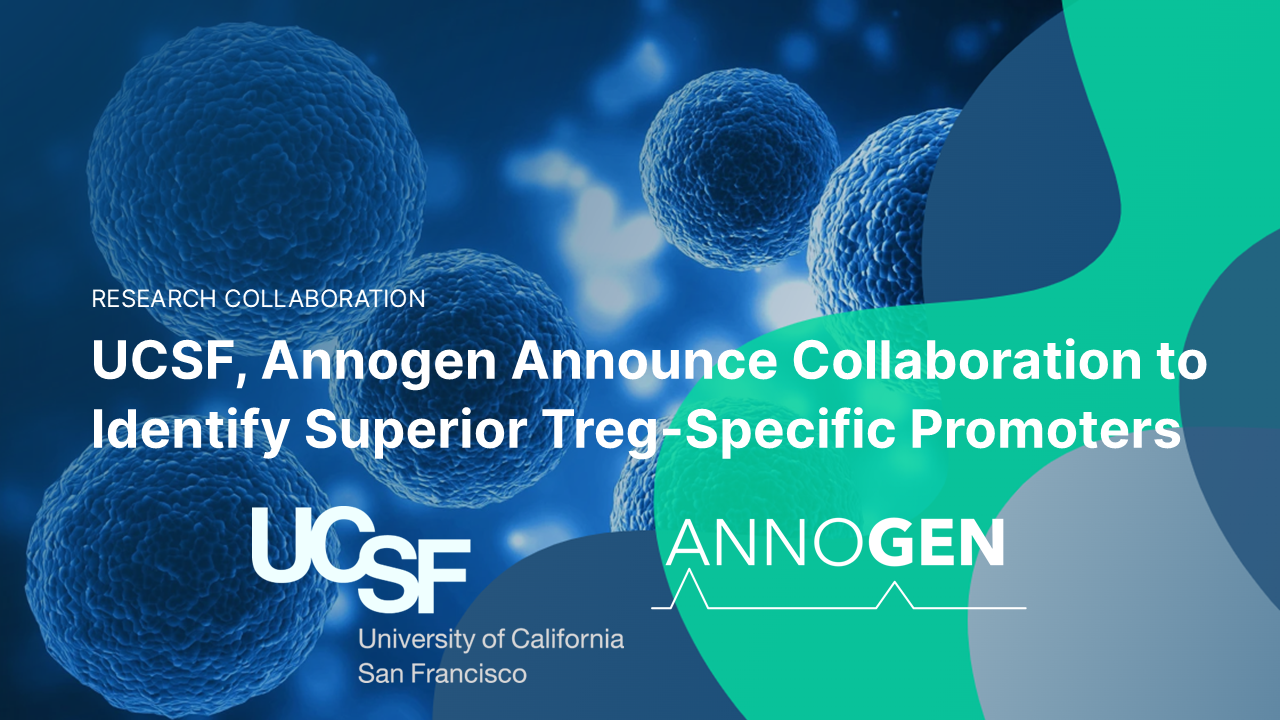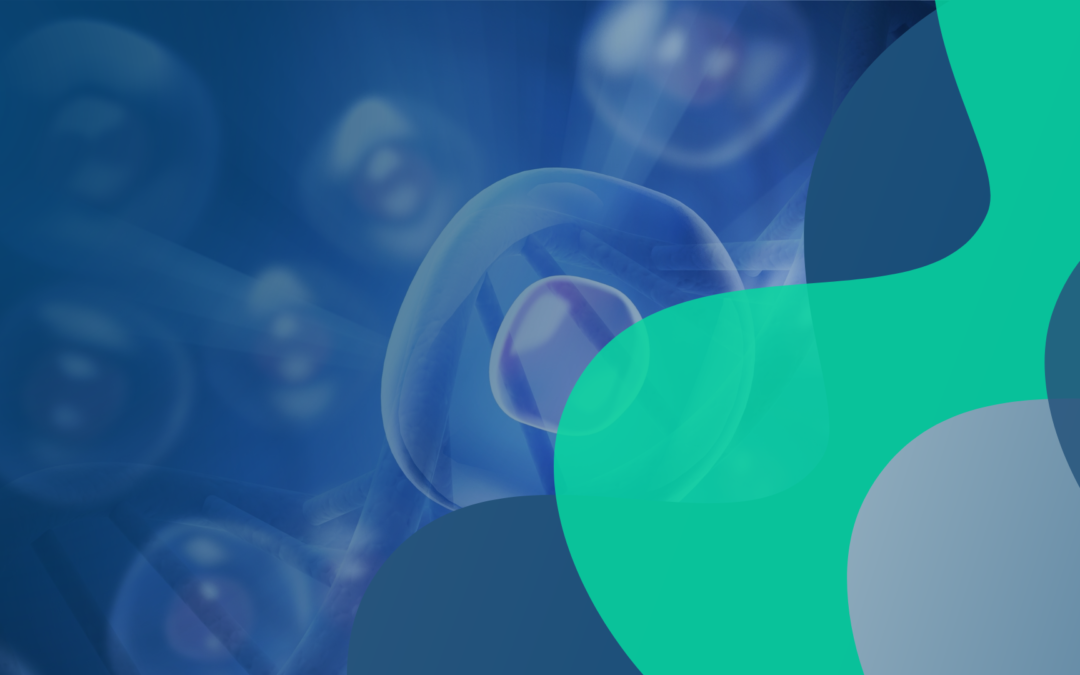UCSF, Annogen Announce Collaboration to Identify Superior Treg-Specific Promoters
Annogen, a leader in gene expression engineering, and the prestigious labs of Qizhi Tang and Brian Shy at University of California, San Francisco (UCSF) today announced a collaboration to identify and characterize promoters specific for regulatory T cells (Treg). This partnership aims to set a new benchmark for precision gene expression in Treg cell therapies.
Tregs are a specialized subset of T-cells that help prevent autoimmune diseases by suppressing excessive immune responses, ensuring the body doesn’t attack its own tissues. The unique function of Tregs makes them a promising target for therapies aimed at treating autoimmune conditions and enhancing transplant success, with many companies developing Treg-based treatments. The Tang lab has previously shown that Treg-infusions can reverse type 1 diabetes and prevent rejection of transplanted organs by establishing immune tolerance.
Many labs and companies are developing genetically engineered Tregs to targeting to specific tissue and to enhance their persistence. A challenge in Treg cell therapy is that it is difficult to avoid a few contaminating non-Tregs and Tregs can lose their lineage identity after infusion and become exTregs. Expressing targeting or persistent genes in non-Tregs or exTregs could potentially cause tissue damages rather than protecting the tissue from immune aggression. Therefore, finding a way to selectively engineer Tregs would hugely improve the efficacy and safety of Treg therapies.
Annogen’s SuRE™ platform will be used to exhaustively screen the entire human genome for Treg-specific promoters and enhancers, combinations of which will subsequently be tested to identify the optimal Treg-specific promoter.
“We’re thrilled to partner with the labs of Dr. Tang and Dr. Shy, both considered leading experts in Treg biology and Treg therapy development“, said Dr. Martijn Kelder, Chief Strategy Officer at Annogen. “Their expertise combined with our ability to discover and develop the most optimal promoters will hopefully allow for the future development of safer and more effective therapies.“
“We are excited to partner with the outstanding team at Annogen and leverage their innovative SuRE platform to identify context-specific regulatory elements that will help drive the next-generation of advanced Treg therapies.“, concludes Dr. Shy.






